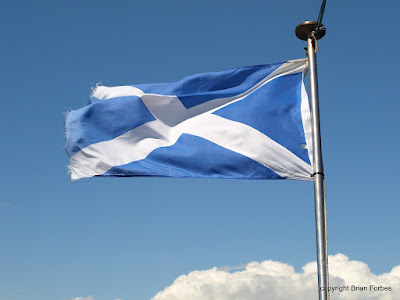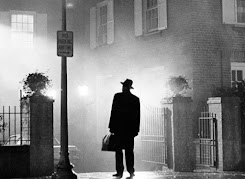31st May 2009, I was 18 years old and sat on a train, feeling both nervous and excited. This was the start of my new chapter. I was heading to the Infantry Training Centre, Catterick, to conduct the 24-week Combat Infantryman’s Course.
The first half of 2010 was spent preparing for and conducting Public Duties. The pride felt whilst standing outside Buckingham Palace and Windsor Castle compensated for the hours spent starching my Number 1’s and bulling my Ammo boots. One particular memory stands out: being told to fill my boots with sand, melt beeswax onto them using a mini blowtorch and then bull them made me raise an eyebrow. I’d already been sent to the stores for the keys to the indoor tank range!
Screaming in pain, the other lads thought it was part of this “remedial training”. They threw me on a lightweight stretcher and casevac’d me 200m. the bouncing caused further pain, causing louder cries. They thought I was going for an Oscar! I was lowered to the floor and told to get up. Our Sgt realised something was wrong as I continued to clutch my arm close to my chest. Turns out I had dislocated my Acromioclavicular Joint, requiring 3 months off and physiotherapy. Instead of deploying to Kenya, my fate was to be on rear-party over Christmas, limited to light duties.
August 2012, the Fusiliers continued on to our next rotation: Cyprus! Based in Dhekelia we were 30 minutes from Ayia Napa. A dangerous location for young soldiers who get paid Local Overseas Allowance! 2013 I passed the Fire Teams Commanders Course (FTCC) and returned to battalion 7 weeks later as a Lance Corporal. Despite nearly 2 years living in the sun with the beach as our back garden, the Battalion’s darkest day was upon us. Due to Army cuts, the battalion was to be disbanded.
This resulted in the majority of us being posted back to the UK and joining the First Battalion in Tidworth. 1RRF were an Armoured Infantry battalion and was equipped with the Warrior Armoured Fighting Vehicle. Before I knew it I had completed my Gunner’s course and was appointed as the Platoon Commanders gunner. One day we were on exercise and I was scanning the ground using the Warrior’s sighting systems, traversing the turret to get a 360 view. The commander’s turret control overrides the gunners and without warning the turret turned, trapping my legs down the driver’s tunnel! You can imagine the obscenities I unloaded on the young boss.
In 2016, I returned back to Sennybridge and the Brecon Beacons to complete the Section Commanders Battle Course (SCBC) which promoted me to Corporal. This promotion also meant I was a prime candidate to be a Vehicle commander and then was sent on the Regimental Instructor of Gunnery course. Despite coming second on the course, I was not confident with teaching gunnery. I did not enjoy the armoured role and became disengaged.
I began to question my career, not only in the Fusiliers but also in the Army. Fortunately, a posting to the Army Training Centre (Pirbright) became available and in October 2017 I became a Phase 1 instructor. This 2-year posting was one of the highlights of my career so far. Being able to take a civilian on day 1, spend 14 weeks training them, and then watch them march of the parade square as soldiers was an incredibly proud moment. A feeling which never dulled and always reminded me of my own pass out in 2009.
With Pirbright being a multi-cap badged establishment, I was able to explore the other roles the Army offered and gain feedback from other instructors. Being part of Chavasse Company, I was introduced to the 4 Corps making up the Army Medical Services: the RAMC, RADC, RAVC and QARANC. The Queen Alexandra’s Royal Army Nursing Corps... wait... the British Army has their own nurses?! How did I spend 8 years not knowing nursing was a thing in the Army?!
I decided a medical profession would be my preferred job role. I thought about becoming a Combat Medical Technician but something there was missing. I wanted more. I wanted to get the most from the Army. I wanted to help people and have more opportunities in the future. I looked into nursing and was sold immediately. It ticked all the boxes and gave me a new challenge. A new purpose. However, I did not tick all the boxes. I only achieved a grade D in science at school and Nursing required a C or above. Many people didn’t believe I could do it and said I should “just be an HCA”. This made me more determined. One, to prove to them I was capable and two, to prove to myself I was able to complete a university degree. I spent 9 months completing an Access to Nursing course and then attended the nursing board.





































